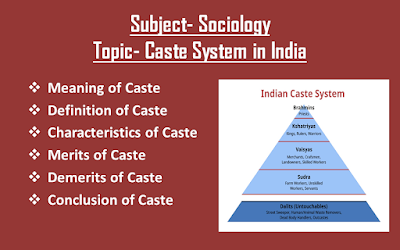Customs- Meaning, Definition and Characteristics
# Meaning of Customs
Customs can be defined as the something that is a fixed mode of behavior in society which has been established through the years.
Customs can also be defined as something that has been established through distinctive practices of people, especially those of a primitive tribe. In simple word, customs are the long established habits and usage of the people.
A custom is a cultural idea that describes a regular, patterned behavior that is considered characteristic of life in a social system. Customs exit among all types of societies from primitive to advance. Interestingly, their nature doesn’t change based on literacy, industrialization or other external factors.
For example: Such accepted procedures or practice of eating, conversing, meeting people, training the young, caring for the aged, playing, working, etc.
# Definition of Customs
1. According to Maciver:- “The socially accredited ways of acting are the customs of society.”
2. According to Duncan Mitchell:- “The term customs refers to established modes of thought and action.”
3. According to Bogardus:- “Customs and traditions are group accepted techniques of control that have become well established that are taken for granted and that have passed along from generation to generation.”
4. According to Holland:- “Custom is a generally observed course of conduct.”
# Characteristics of Customs
1. Customs regulate our social life:- Customs act as the effective means of social control. Individuals can hardly escape their grip.
2. Social base:- Customs are formed spontaneously because of society. They are a part of social inheritance and are not formed by individuals.
3. Transmitted from one generation to another:- Customs are transmitted from one generation to another. They are followed by individuals because many individuals or groups of individuals have followed them.
4. Conservative:- Customs are conservative and it is not easy to change them.
5. Constitute the treasury of our social heritage:- Customs preserve our social culture and transmit it to the succeeding generations. They have added stability and certainty to our social life.
6. Customs are basic to our collective life:- Customs are found in all the communities of the world. There are more influential and dominant in the primitive society then in the modern industrial society. In the traditional societies, customs are like sacred object and their violation cannot be thought of.
7. Customs support law:- Customs also provide the social ground for the formulation and establishment of law. If the laws are not supported by customs, they cannot be succeed.
8. Social phenomenon:- Customs are the oft-repeated of the practices of the people. They represent the routine acts of daily life of the people.
9. Customs are varied in nature:- Customs are universal in nature. They differ from community to community and society to society. Example, the customary dressing at occasion such as marriage and funnel ceremonies differs from group to group.
10. More effective to regulate the behaviour of individuals as compared to traditions:- Customs influence the behavior of the individuals from birth to the death. They have great capacity to influence the behavior of the individuals more effectively and in a more comprehensive manner as compared to traditions.
Watch video on YouTube





